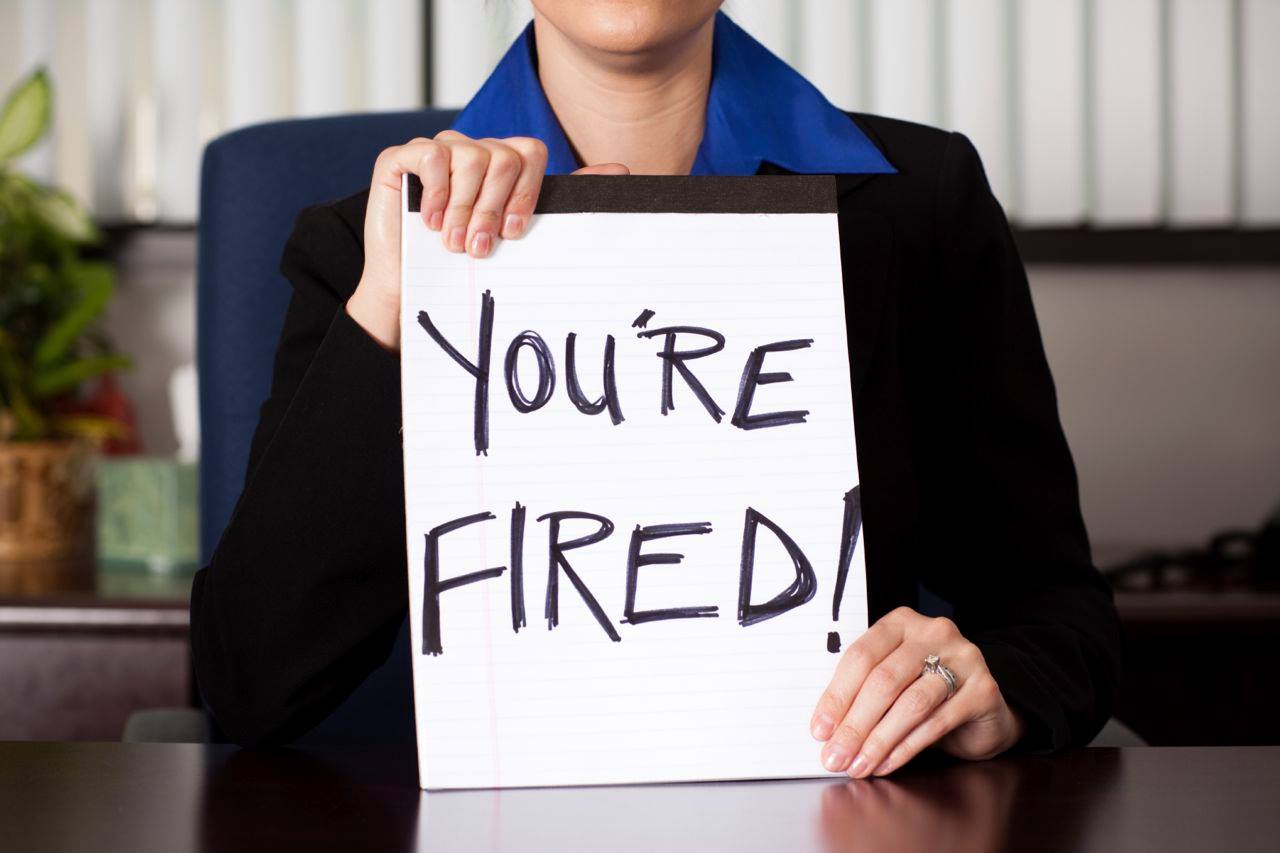Are you confused about the law surrounding unfair dismissal in Ireland?
Do you know the difference between unfair dismissal and constructive dismissal?
You should, you know, before embarking on an unfair dismissal claim.
Or, if you are an employer, defending such a claim.
In this piece, I am going to give you 15 things in plain language to help your understanding, and prevent you taking out your metaphorical gun and shooting yourself in not just one foot, but both feet.
Let’s get started, shall we?
- The important acts are the Unfair Dismissals Act, 1977, which you can access here, and the Unfair Dismissals (Amendment) Act, 1993.
- Unfair dismissal arises when the employer terminates the employee’s employment; constructive dismissal arises when the employee resigns due to the conduct of the employer. In an unfair dismissal case the burden of proof is on the employer. In a constructive dismissal case this burden shifts from the employer to employee; this means the employee must prove he/she left the employment due to the conduct of the employer which he/she could no longer be expected to tolerate.
- You must bring your claim to the WRC (Workplace Relations Commission) within 6 months of the dismissal, unless you can show reasonable cause in which case you may be allowed 12 months by the WRC.
- Redress possible for the employee, if he/she wins, can be reinstatement, re-engagement, financial compensation.
- Financial compensation is financial loss incurred by him and attributable to the dismissal as is just and equitable having regard to all the circumstances, subject to a maximum of 104 weeks remuneration. Receipt of social welfare payments by the employee is disregarded in calculating financial loss.
- An employee who is on probation, or who has less than 12 months’ employment is excluded from the rights afforded by the unfair dismissal legislation, although there are some limited exceptions, for example a dismissal arising from a discriminatory ground.
- A dismissal shall be deemed to be an unfair dismissal, unless there are substantial grounds for it.
- A dismissal will not be an unfair dismissal if it arises from one of the following: conduct, performance, redundancy, the employee being in breach of the law in order to continue in his position (eg loss of driving licence if it was essential to hold one to do the job).
- An employer must give an employee a written statement of the procedure to be used in dismissing him within 28 days of commencement of employment.
- You can also go to the Civil Courts with a common law claim of wrongful dismissal, but you cannot do both-you must choose between the WRC or the Civil Courts. A wrongful dismissal claim is basically a breach of contract claim, for example your contract of employment provided for 1 month’s notice and you only received 1 week’s notice. This is a clear breach of contract and allows you to go to the Civil Courts and sue for breach of contract/wrongful dismissal.
- If an employer is going to dismiss on the grounds of competence he should give the employee clear notice of the shortcomings, and sufficient time to improve. A performance improvement plan (PIP) is recommended, and I would recommend that this lasts for 6 months, or thereabouts.
- Even if an employee is to be dismissed he/she should be afforded fair procedures and natural justice prior to termination, unless situation if one of gross misconduct which may justify a summary dismissal. Here are 6 steps which should be taken in any fair disciplinary procedure.
- An employee on long term sick leave can be dismissed on the grounds of incapacity, that is, he/she is unable to fulfil the contract of employment. There are recommended procedures, however, before an employer should terminate an employee on long term sick leave.
- A decision making body such as the WRC or Labour Court will apply 2 well known tests to decide wither the employee was justified in leaving the employment in a constructive dismissal case.
- Being dismissed from your job can seem like the end of the world at the time. But some of the most famous, successful people were fired from their job at one time or another. Here is 10 ultra-successful people who were dismissed from their employment.
“I don’t know whether I have a case or not”
“I don’t know whether I should resign and forget about it”
Get professional advice before you take an action that you might regret later.
